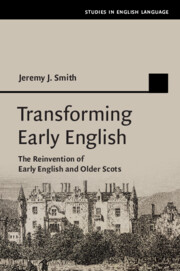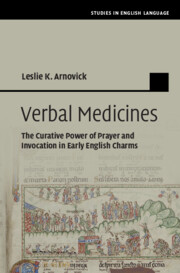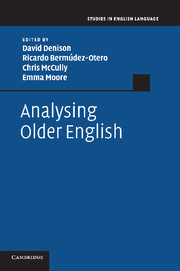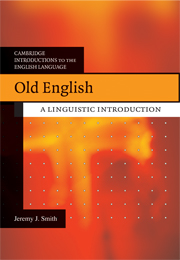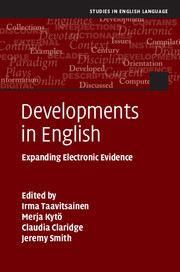Transforming Early English
Transforming Early English shows how historical pragmatics can offer a powerful explanatory framework for the changes medieval English and Older Scots texts undergo, as they are transmitted over time and space. The book argues that formal features such as spelling, script and font, and punctuation - often neglected in critical engagement with past texts - relate closely to dynamic, shifting socio-cultural processes, imperatives and functions. This theme is illustrated through numerous case-studies in textual recuperation, ranging from the reinvention of Old English poetry and prose in the later medieval and early modern periods, to the eighteenth-century 'vernacular revival' of literature in Older Scots.
- Ranges widely across some thousand years of English and Scottish literary-textual history, with numerous illustrative case-studies
- Brings historical pragmatics into dynamic articulation with other growing disciplines such as book history, and revives others such as textual criticism
- Invites readers to engage more closely with features such as spelling, script/font and punctuation and to realise their importance for the interpretation of texts from the past
Reviews & endorsements
'The questions that the book attempts to answer … are … extremely relevant, as any answers will have immediate and crucial import on the field of linguistics in general.' Marcin Krygier, Studia Anglica Posnaniensia
Product details
October 2022Paperback
9781108414852
312 pages
228 × 152 × 17 mm
0.46kg
Available
Table of Contents
- Prologue. Snatched from the fire: the case of Thomas Percy
- 1. On historical pragmatics
- 2. Inventing the Anglo-Saxons
- 3. 'Witnesses preordained by God': the reception of Middle English religious prose
- 4. The great tradition: Langland, Gower, Chaucer
- 5. Forging the nation: reworking older Scottish literature
- 6. On textual transformations: Walter Scott and beyond.

